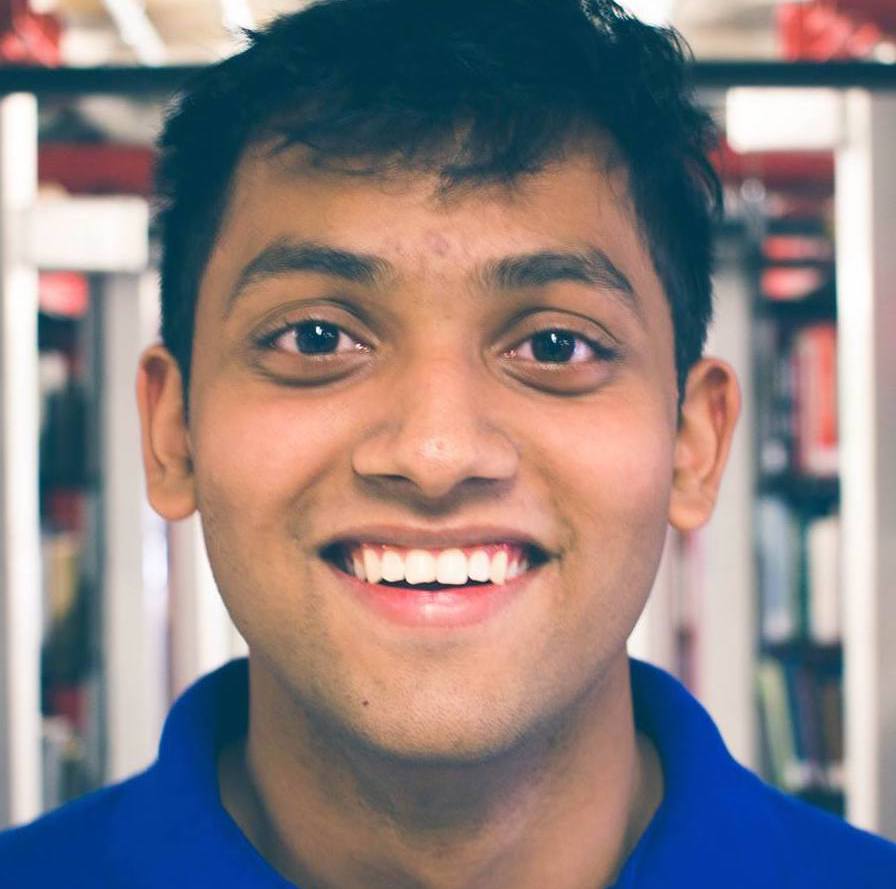Software Engineer, TikTok
Mountain View, Jun.2020 - Present•TikTok Business SDK for iOS
As the lead iOS engineer on this project, I am responsible for developing & maintaining the core measurement & ingestion logic required to send app event data to TikTok for attribution.
• Demographic Targeting of TikTok Users
I am responsible for building end-to-end inference pipelines that are used to produce gender and age labels for TikTok users. Currently, my work on these Machine Learning models is powering TikTok's Ads Engine to serve ads to millions of users every day.
Senior Capstone Project, Google & BMW
Stanford, Jan.2020 - Jun.2020• Gesture Recognition for Vehicle Control
Explored and prototyped a robust, production-ready, lightweight computer vision model for hand gesture classification. Developed an end-to-end data collection pipeline, written in Python, to interact with Google’s Radar Kit. Built an Android application in Kotlin to emulate a Heads-Up Display mounted in a BMW vehicle. Implemented an MQTT broker to perform actions on Android application using hand gestures received through Radar Kit. Interfaced with engineers and product managers at Google & BMW regularly to guide development cycle and use cases
Research Assistant, Stanford Internet Observatory
Stanford, Oct.2019 - Jun.2020•Foreign Political Interference Detection Pipeline
Utilized Apache Kafka Pub/Sub framework to ingest millions of Russian propaganda news websites to scrape. DevOps Tools used: Google Cloud Functions, Google Pub/Sub, Google BigQuery & Google Cloud Storage. Parallelized the scraping mechanism using a ThreadPool and load-balancing on Google Cloud Virtual Machines; reduced runtimes by 500% from several days to a matter of hours. Translated scraped documents, ran NLP techniques, like NER & Topic Modeling to present insights to social scientists. Created a web-UI to expose these research tools and datasets generated for larger audiences outside the research lab
•
